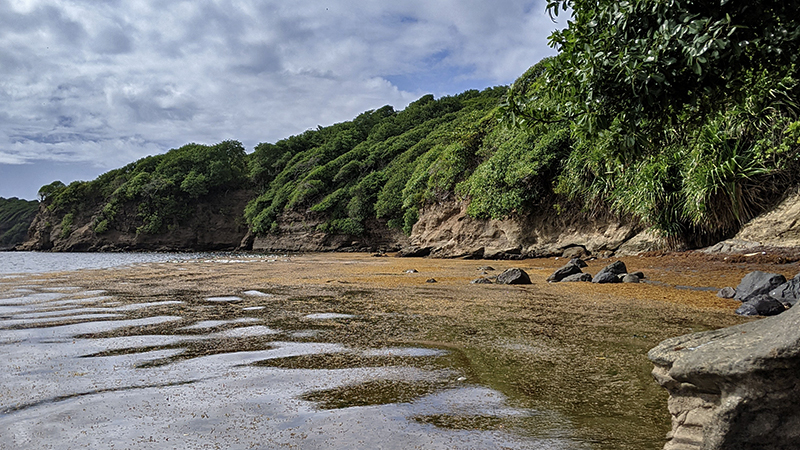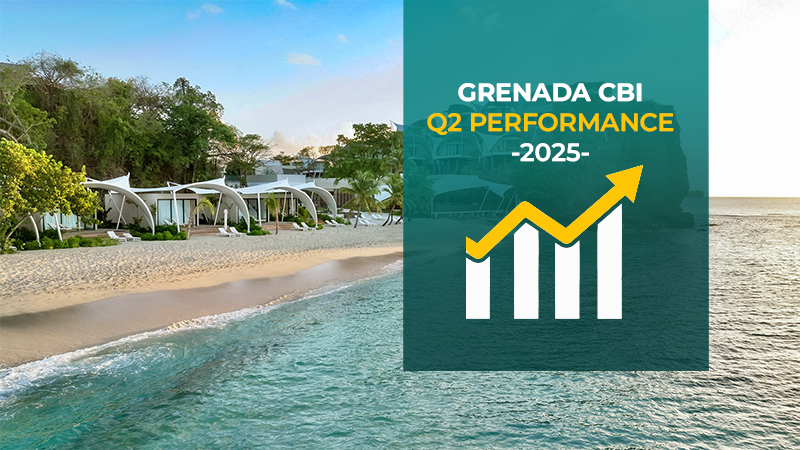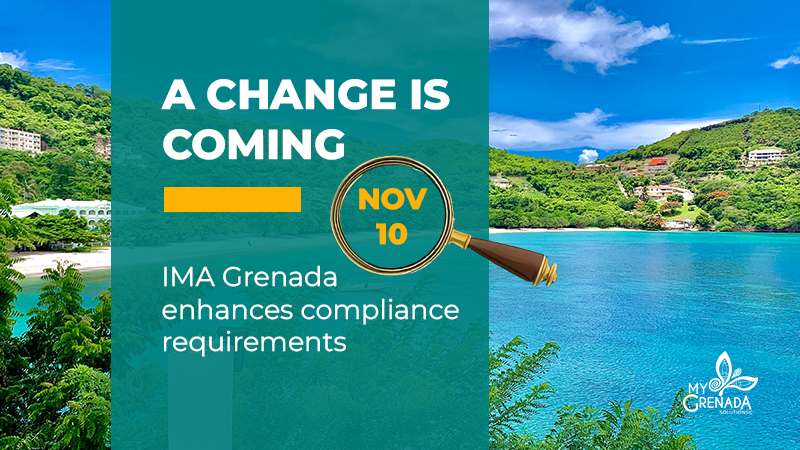The presence of Sargassum in Grenada has become a recurring issue since 2011. Originally floating freely in the Atlantic, Sargassum began washing ashore in unusually large volumes, with significant ecological and economic effects observed across the Caribbean.
While the exact causes of the increased influx remain under investigation, research published in Science Direct points to several contributing factors. These include changes in ocean currents, nutrient runoff from rivers, and rising sea surface temperatures. Since the initial surge, both Grenada and Carriacou have reported seasonal arrivals of Sargassum in varying quantities.
Coastal communities such as Grenville, Soubise, Telescope (Big Bay and South), Conference Bay, Petit Bacaye, and Woburn have experienced visible impacts. Accumulated seaweed has clogged waterways, disrupted fishing activity, and led to local concerns due to the odour released as the algae decomposes. In areas dependent on tourism and fisheries, these conditions have presented both environmental and economic challenges.
Environmental impacts associated with large volumes of decomposing Sargassum include reduced oxygen levels in shallow coastal waters, potential stress on coral reefs and seagrass beds, and interference with turtle nesting sites. As it breaks down, Sargassum can also release hydrogen sulfide and ammonia – gases that, in concentrated conditions, may pose respiratory and skin-related health risks to humans.
In response, coastal communities across Grenada have adopted a range of management practices. These include beach raking, the use of containment booms, and pilot projects exploring alternative uses for the seaweed. Among them is SarGas Limited, a locally established company focused on developing solutions for sustainable Sargassum use.
SarGas Limited has introduced a circular economy model that converts Sargassum into biofuel and organic fertiliser through clean processing technologies. The company’s approach aims to reduce the pressure on landfills, lower the need for imported energy and fertiliser inputs, and create local employment. SarGas works with community groups, farmers, and fishers to facilitate responsible collection and processing, while also exploring how its model might be replicated in other small island states.
Grenada also participates in the Sargassum Impact Project, coordinated by The University of the West Indies and IOCARIBE through the Sargassum Hub. The initiative supports regional collaboration in monitoring and managing Sargassum through data sharing, satellite mapping, and early-warning tools.
As the issue continues to attract international research and investment, Grenada’s proactive engagement in both environmental management and bioeconomic innovation is drawing attention. A recent Guardian report highlighted ongoing global efforts, including ocean-based farming models like Seafields, that aim to intercept and repurpose Sargassum before it reaches sensitive coastal areas.
Going forward, Grenada’s response combines coastal protection measures with exploration of sustainable economic uses, reflecting a broader strategy to mitigate environmental impacts while creating new opportunities in renewable energy, agriculture, and scientific innovation.









